Say Their Names
“I can’t breathe . . . please . . . Mama!”The knee choking the neck to deathPolice hands in pockets andIndifferent expressionsAnother day on the J-O-BAnd moreMore details I can […]
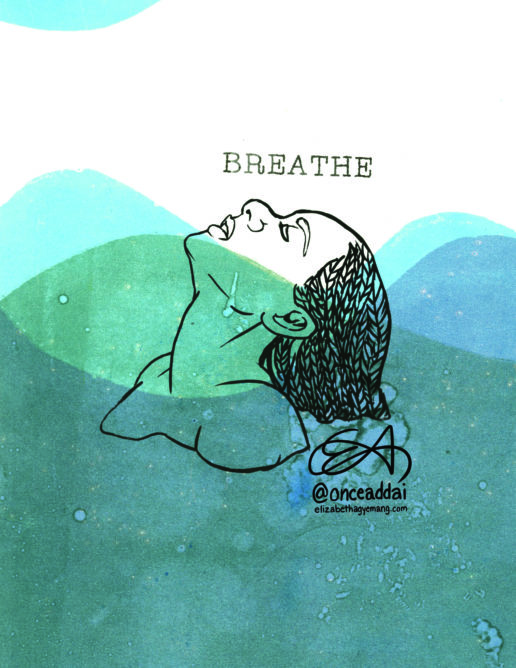
“I can’t breathe . . . please . . . Mama!”The knee choking the neck to deathPolice hands in pockets andIndifferent expressionsAnother day on the J-O-BAnd moreMore details I can […]
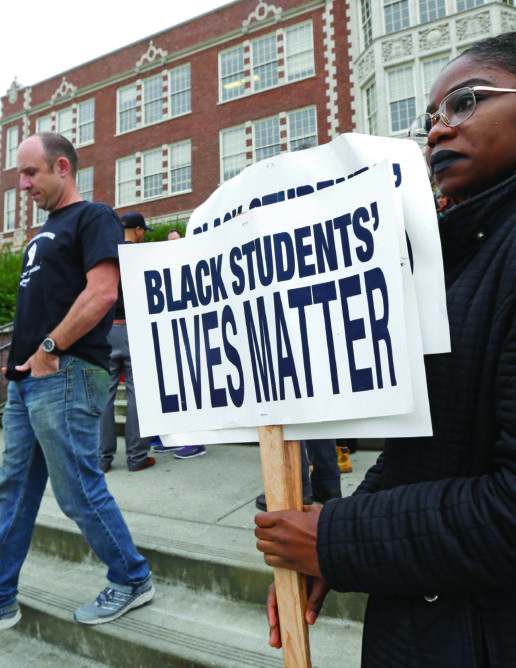
In early August, Rethinking Schools managing editor Ari Bloomekatz sat down (over Zoom) for a roundtable interview and discussion with four organizers and national steering committee members of the Black […]
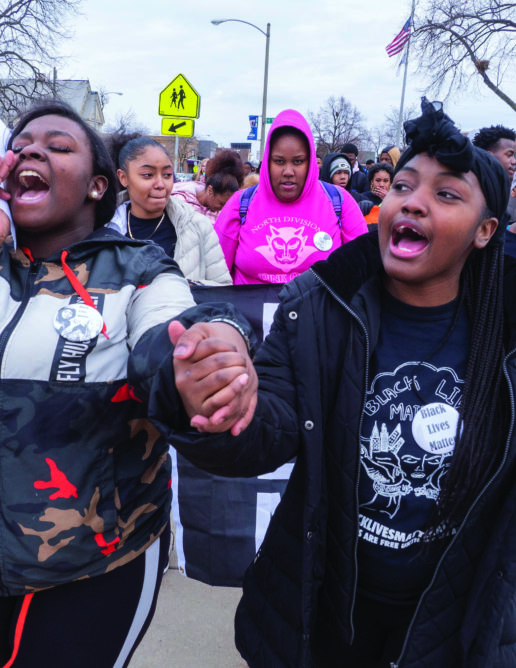
For the fall issue, in lieu of our regular editorial by Rethinking Schools editors, we are publishing most of the “Year of Purpose” call by Black Lives Matter at School. […]
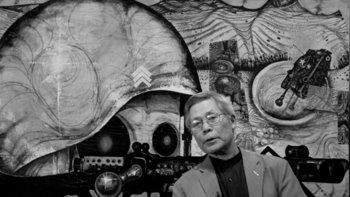
A film tackles the U.S. occupation of Japan.
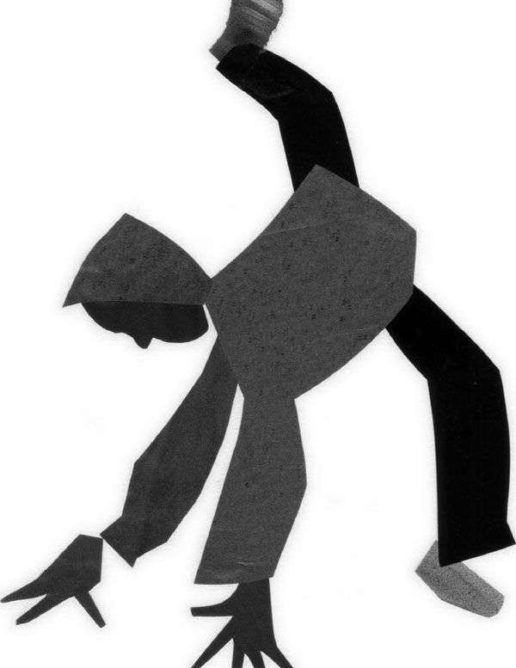
Hip-Hop: Beyond Beats and RhymesWritten and Directed by Byron HurtMedia Education Foundation, 200660 mins, DVD The Hip-Hop Education Guidebook Volume 1: A Sourcebook of Inspiration and Practical ApplicationEdited by Marcella […]
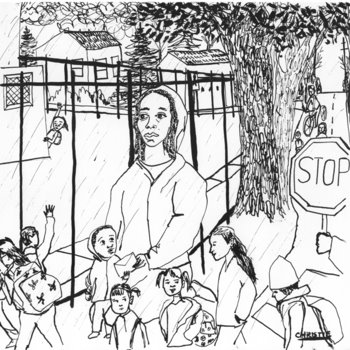
An African American mother and teacher educator uses examples from her own childhood to describe how she hopes her child will be treated by teachers, and what she fears.
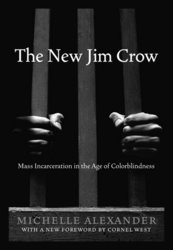
The author of The New Jim Crow: Mass Incarceration in the Age of Colorblindness applies her thought-provoking analysis to children, schools, and priorities for education activism.
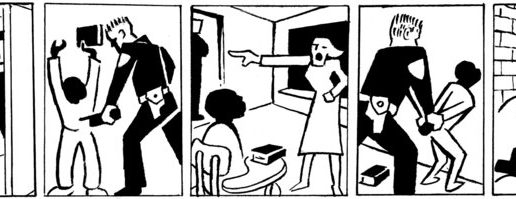
“Every man in my family has been locked up. Most days I feel like it doesn’t matter what I do, how hard I try—that’s my fate, too.”—11th-grade African American student, […]

When Chicago stole my mother’s tongue, it also stole all her yesterdays. A poet’s lyric plea for teachers to nurture their students voices and stories.
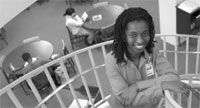
Profiling an African American teacher on Chicago’s south side.
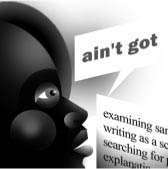
A mother tries to leave her Southern accent behind.
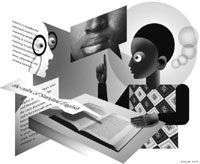
Nurturing student writing to make it language of power”.”
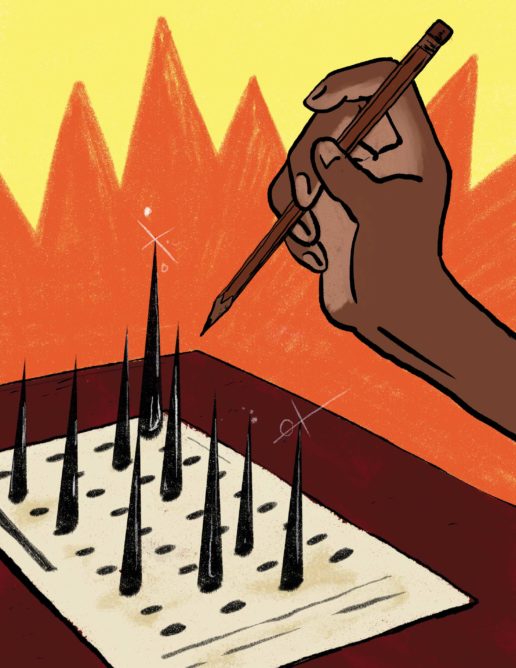
High-stakes tests have not only failed to achieve racial equality in schooling, they’ve also made it worse for students of color.
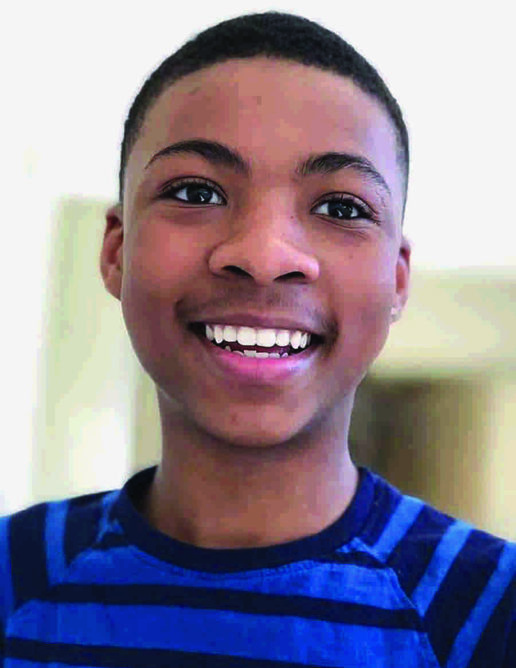
A writer interrogates school culture and our collective role in the suicide of a gay 15-year-old 9th grader in Alabama.
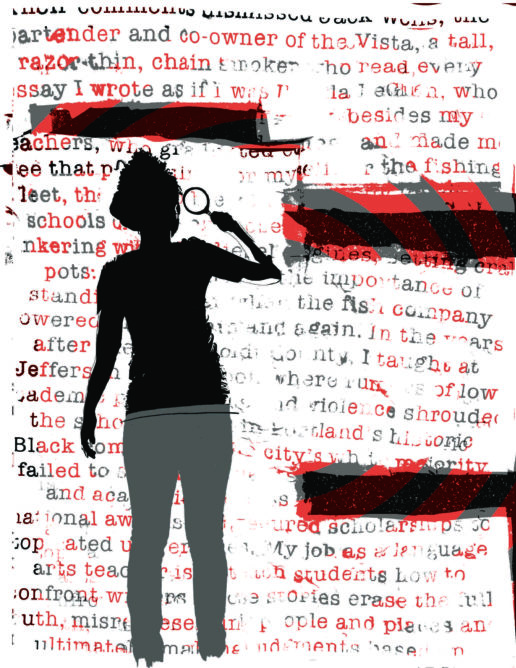
“Part of the work of teaching students to read is teaching them to question not only the written word, but also the author,” Christensen writes in her article about teaching students how to confront writers whose stories erase the full truth and misrepresent people and places.
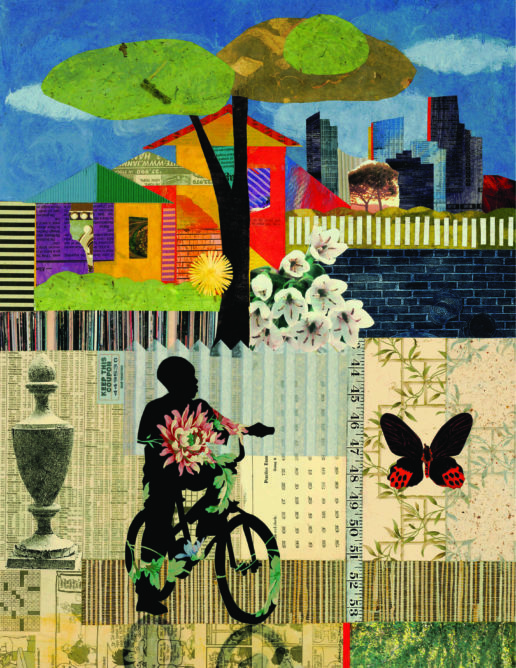
After teachers label her son’s behavior as problematic and try to have him evaluated by a psychologist, a Black parent uncovers why schools fail Black boys and begins organizing her community to challenge practices detrimental to them.
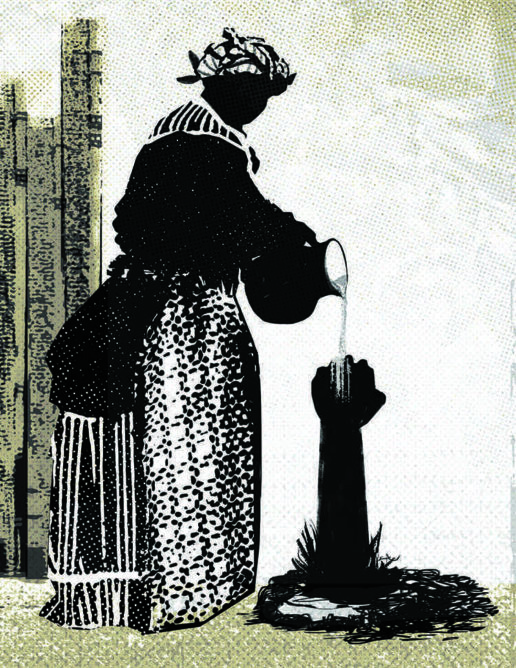
Unfortunately, the transformative history of Reconstruction has been buried. First by a racist tale masquerading as history and now under a top-down narrative focused on white elites. It’s long overdue we unearth the groundswell of activity that brought down the slavers of the South and set a new standard for freedom we are still struggling to achieve today.
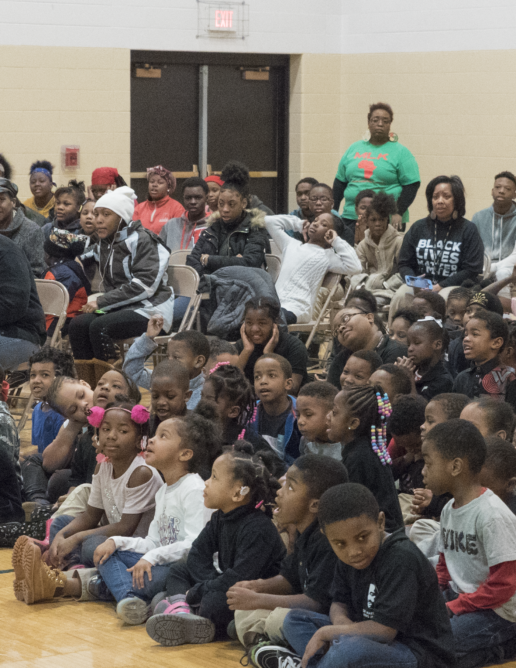
In an era when a U.S. president calls Haiti and African nations shithole countries; a time when hate crimes are on the rise; a time when Black students are suspended at four times the rate of white students; and a time when we have lost 26,000 Black teachers since 2002, building a movement for racial justice in the schools is an urgent task. Black lives will matter at schools only when this movement becomes a mass uprising that unites the power of educator unions and families to transform public education.
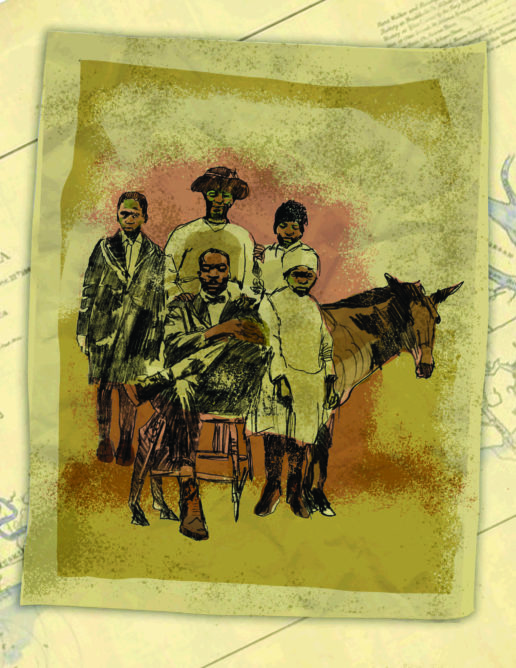
A high school teacher uses a role play so students can imagine life during Reconstruction, the possibilities of the post-Civil War era, and the difficult decisions that Black communities had to wrestle with.
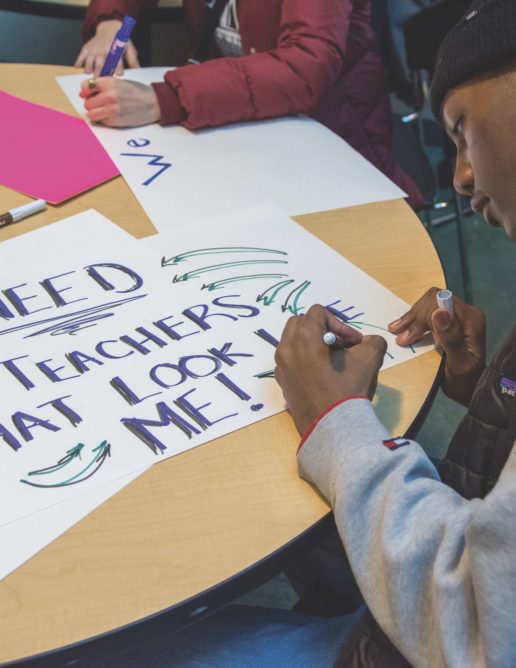
Every social justice educator should make building the BLM at School Week of Action during the first week of February a top priority.
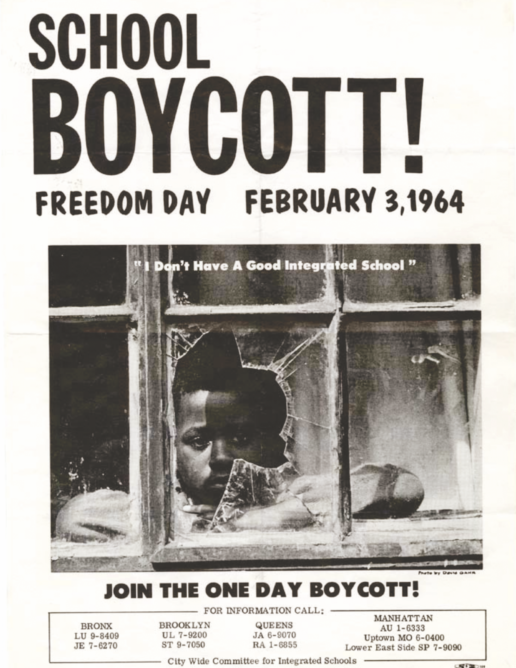
The largest civil rights protest wasn’t in the South, it was in New York City in 1964 when hundreds of thousands of students stayed home to protest school segregation. Here’s how today’s students reacted to a lesson about this historic boycott.
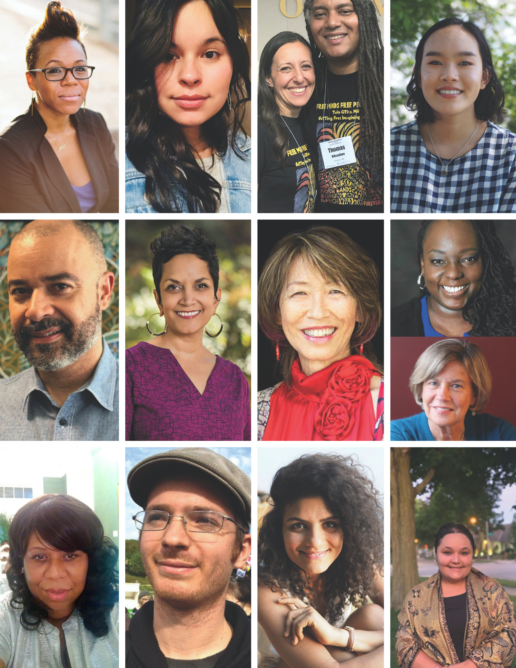
We asked a group of radical educators to weigh in on what they hoped would be part of any 2020 presidential candidate’s education platform.
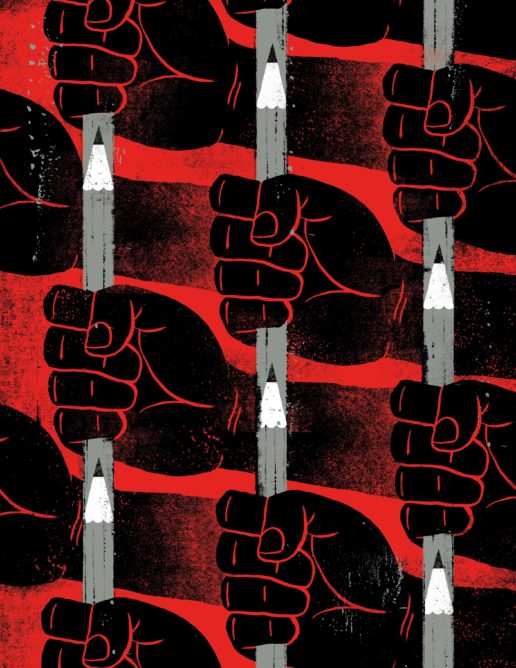
A Connecticut educator who taught English to incarcerated young men for 20 years describes what happened when she introduced her students to the Canadian “Leap Manifesto.”
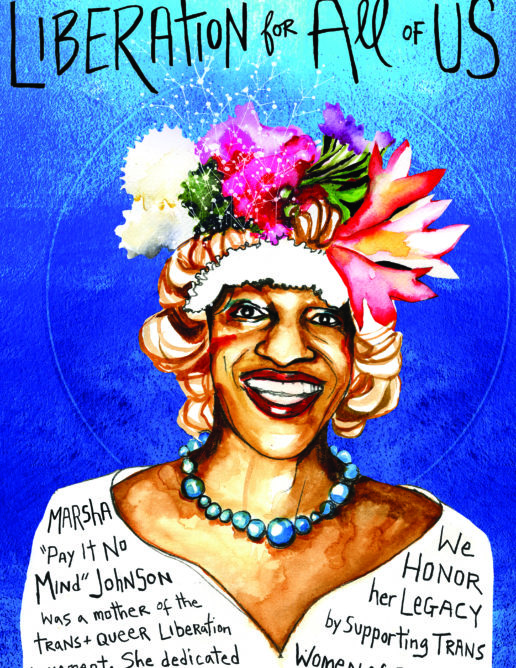
A Black freedom organizer demands that teachers and activists radically change their frameworks around Black history by lifting up the stories of Black LGBTQ people like Marsha P. Johnson.
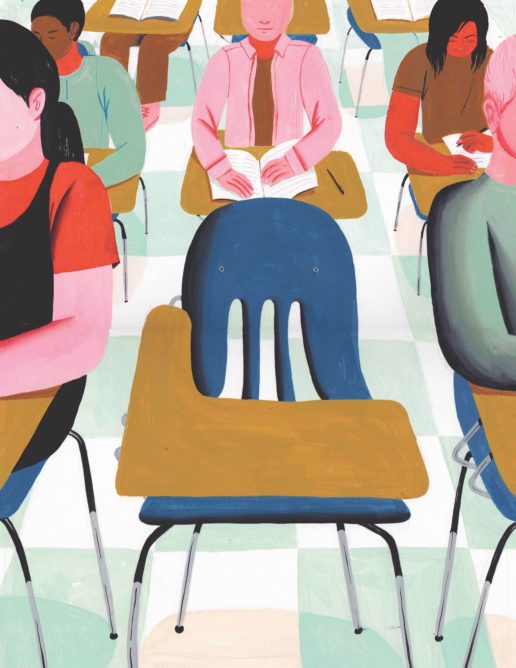
A high school teacher explores how the dynamics of a classroom can change when a student leaves and what the effects can be on that student, the other students, and the teacher.